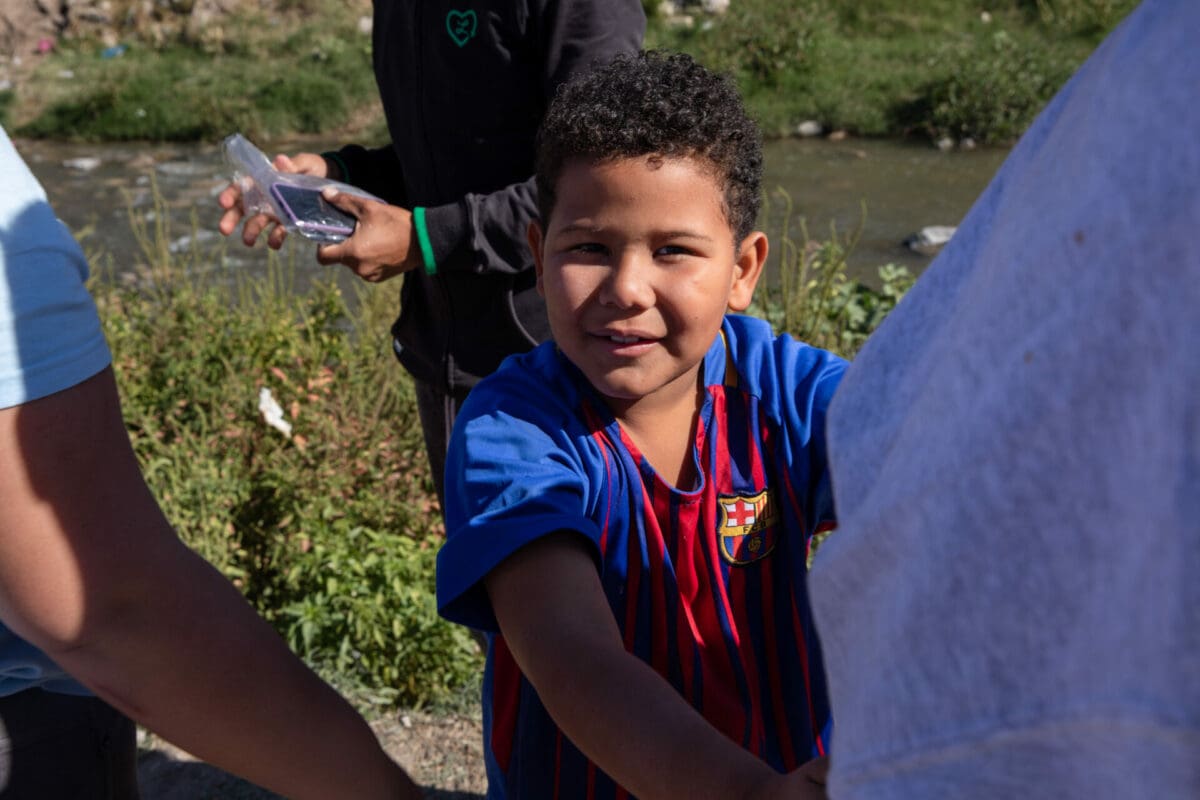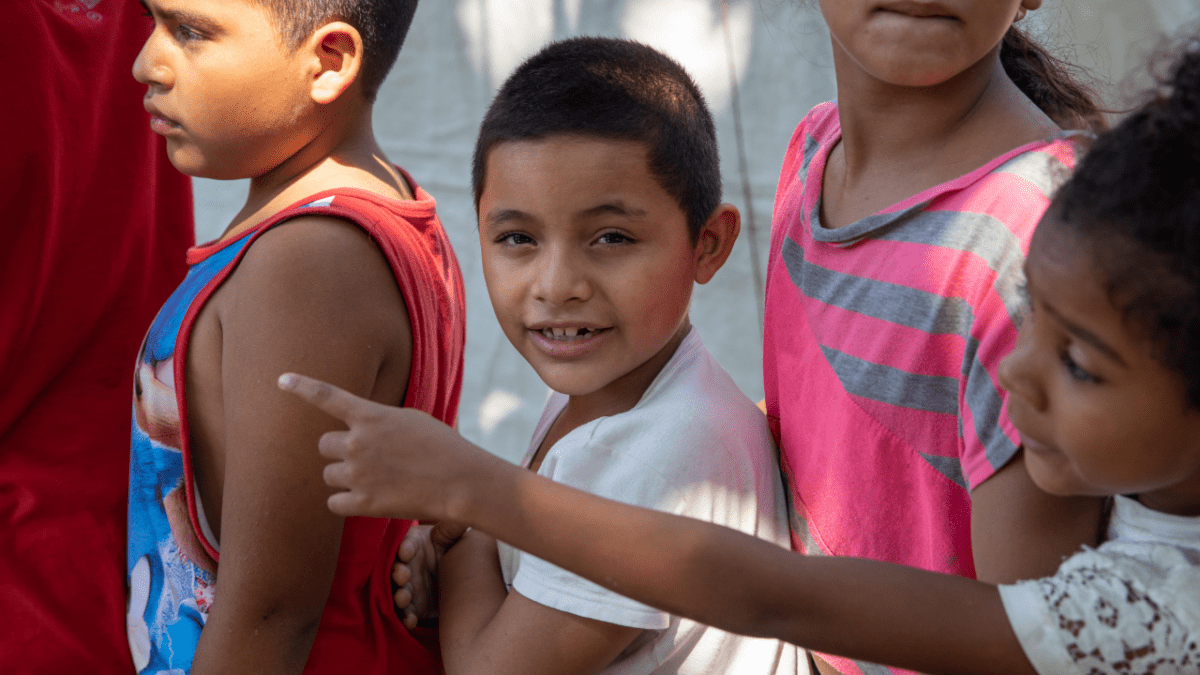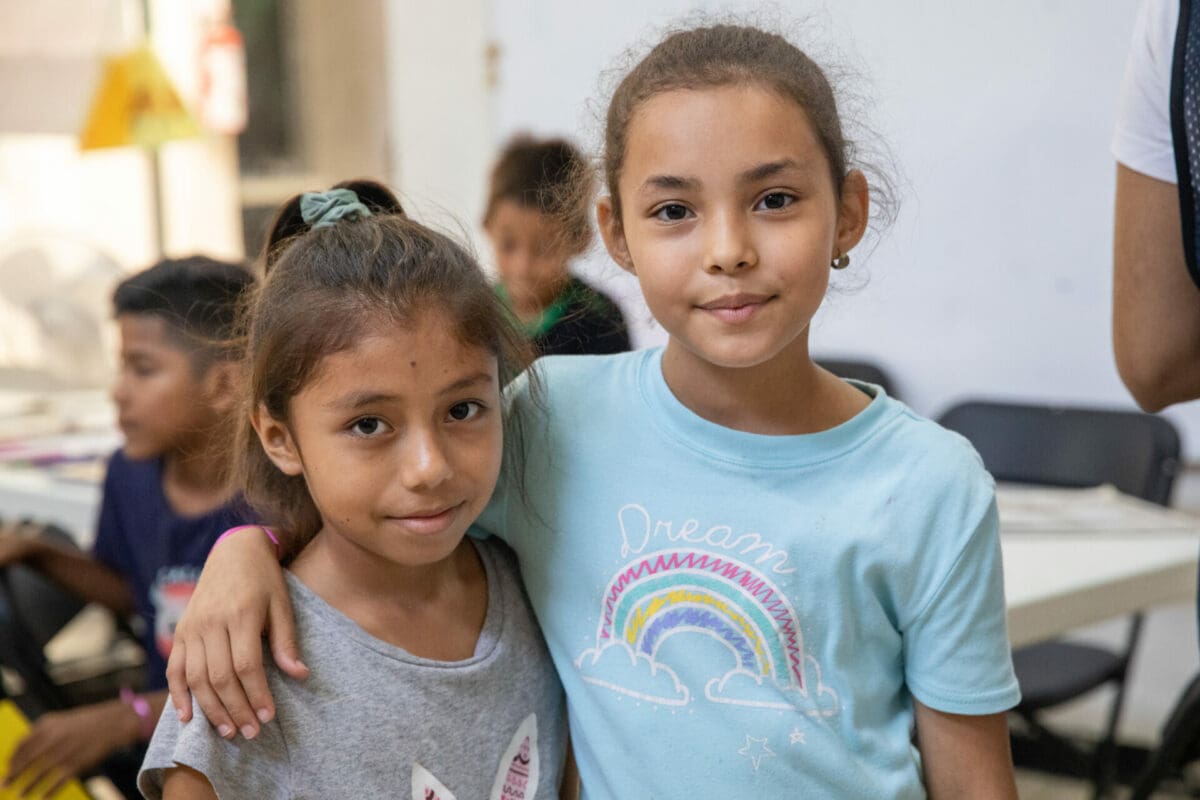In this interview, Cynthia Orchard, Consultant Policy Advisor for KIND in the UK, reflects on how the recent election in the UK will impact unaccompanied children.
Q: What do the results of the recent UK elections mean for unaccompanied children?
One immediate and very positive result of the UK election is the cancellation of the previous government’s plan to forcibly send asylum-seekers and migrants to Rwanda, permanently, despite the UK Supreme Court’s finding in November 2023 that Rwanda was unsafe. Under that plan, unaccompanied children would have been allowed to remain in the UK until age 18, but upon their 18th birthday, could have been subjected to being forcibly removed to Rwanda. This likely would have led many to go ‘underground’ as they approached 18, which would have increased risks of exploitation and other harm. KIND and other organizations engaged in advocacy highlighting the dangers the Rwanda plan posed for children, and we were very relieved that Keir Starmer confirmed, the day after being elected prime minister, that the Rwanda plan was “dead and buried.”
In addition, the new government introduced a statutory instrument in July that effectively disapplies the 2023 Illegal Migration Act; and the government has begun processing asylum applications for some people previously affected by that law and related policies. The previous government had suspended making decisions on applications for asylum or other leave to remain for most people who entered the UK on or after March 7, 2023 via irregular routes, including unaccompanied children. As a result, by July 2024, many unaccompanied children had been waiting in limbo for a year or more. The new government has said it will clear the asylum backlog and decide applications “swiftly, firmly, and fairly.” The Government has also announced that it will soon introduce new legislation (a Border Security, Asylum, and Immigration Bill), though details of what it will contain are not yet available.
There are concerns about some actions of the new government on border security and immigration enforcement, including plans to increase detention and removal of people whose asylum claims have been refused. It is not yet clear how these measures may affect unaccompanied children and young people—some of whom may have been incorrectly treated as adults, refused asylum because of Home Office errors and/or because they were unable to access adequate legal assistance—or who may now have new fears of persecution in their home country due to changed circumstances.
The continuing tragedies in the English Channel, including recent deaths of children, and ongoing delays in children being reunited with parents or other family members highlight the urgent needs for an increased focus on the rights of unaccompanied children and other children in need of protection in the UK, the expansion of safe routes to asylum, and better approaches to family reunification.
Q: Will the election outcome change any of KIND’s advocacy strategies or priorities?
We will continue to advocate for the complete repeal of the Illegal Migration Act, hopefully now with a greater chance of success. We prepared a briefing on this in July and sent it to more than 400 Members of Parliament and are planning to engage in further related advocacy.
We expect to start doing more advocacy with the national government in relation to children’s immigration and citizenship matters, and it feels like there are some windows of opportunity. We are also planning to collaborate with others in the charity sector (especially the Refugee and Migrant Children’s Consortium, of which we are members) to encourage the government to include refugee and migrant children in measures to reduce child poverty, improve children’s health and well-being, improve social care policies, and other reforms.
One of our main areas of work has been and continues to be raising awareness with local authorities’ children’s services, providing them with information and resources, and urging them to take steps to address children’s immigration and citizenship matters. Our October 2024 training session for social workers, which we are running in collaboration with Social Workers without Borders, was very rapidly fully booked, and we hope to organize additional similar sessions going forward.
Q: What gives you optimism that we will see progress on protecting the rights of refugee and migrant children in the UK moving forward?
The tone and stated aims of the new government are markedly different from the previous government on many issues. It is not all we would wish for on immigration, asylum, and nationality, but there are strong indications that the new government has much more respect for justice, fairness, and international law. This is vital and offers hope that some policies and practices relating to unaccompanied children and other migrant and refugee children will improve.
KIND’s work in the UK is life-changing for the low-income children and young people we help. Our phenomenal success rate continues: about 99% of our clients have a successful outcome, and we know that many of our clients would not succeed with applications for permission to remain in the UK or to acquire British citizenship without specialist legal advice due to the complexity of laws, policies, and procedures. This work is clearly very much needed; we are one of very few legal advice projects in the UK which focuses on providing free legal assistance with children’s non-asylum immigration and citizenship applications. We assist about 700-1,000 children and young people per year.



